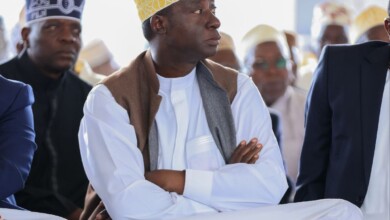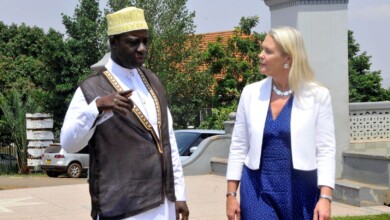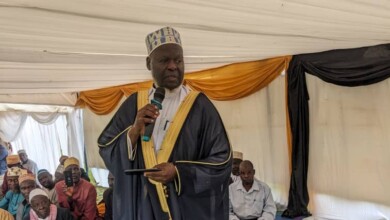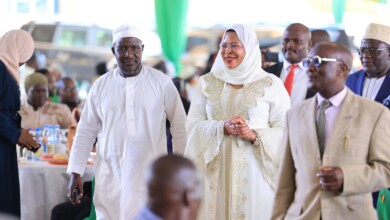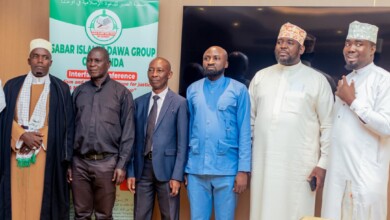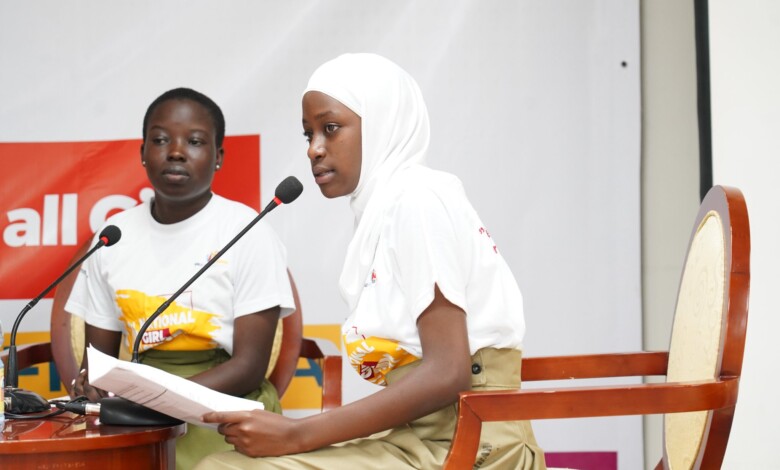
By Shahista Namale
Sheikhat Radhia Namakula, the Secretary for Women and Youth Affairs at the Uganda Muslim Supreme Council (UMSC), has called on the government to consider investment in education, economic empowerment and peace key in the empowerment of the girl child.
She was contributing to a panel discussion on multi-sectoral coordination to attain lifelong education for all, during the 7th National Girl Summit at Hotel Africana in Kampala. The summit organized by Girls Not Brides Uganda.
“Today, we celebrate intelligent brains under the veils,” she remarked, challenging stereotypes that often associate hijab-wearing women with backwardness. She stressed that education empowers women and benefits society as a whole, quoting the adage, “When you educate a man, you educate an individual; when you educate a woman, you educate a nation.”
Namakula also addressed the challenges faced by many girls, such as early marriage and teenage pregnancy, often linked to poverty. She encouraged girls to utilise their time during long holidays to engage in small businesses, a practical step toward financial independence.
However, Joyce Nakato, co-chair of Girls Not Brides Uganda, cautioned that piecemeal interventions may not be sufficient to address the complex issue of child marriage. She called for a comprehensive approach, advocating for government policies that support girls’ education and empowerment.
Islam, far from being a barrier to women’s empowerment, has historically supported women’s rights in various fields, including politics, economics, and education. The religion encourages women to pursue higher education, participate in social and economic activities, and hold leadership positions.
To ensure gender equality and empower girls, it is crucial to prioritize education, combat child marriage, and create opportunities for women to thrive. By investing in girls’ education and empowering them, we can build a brighter future for all.


